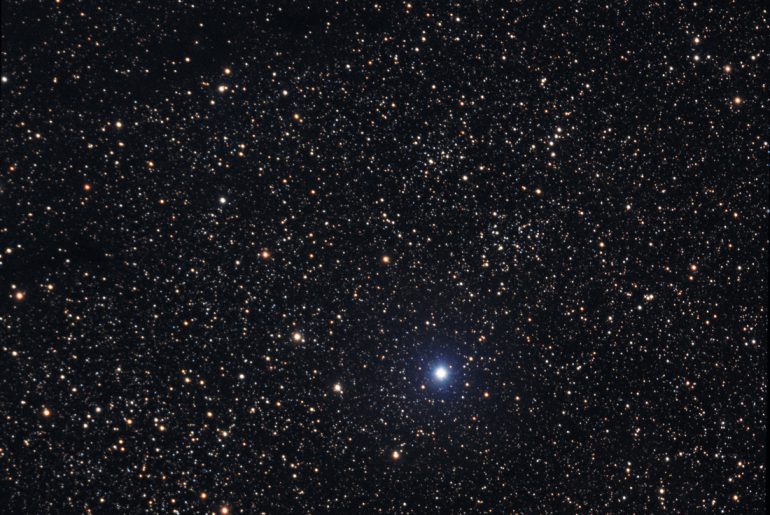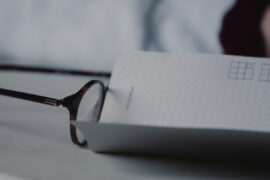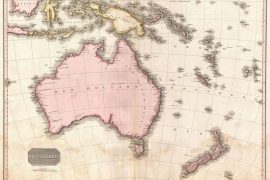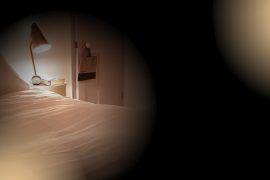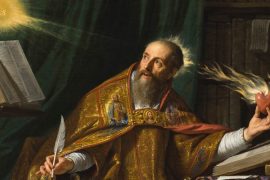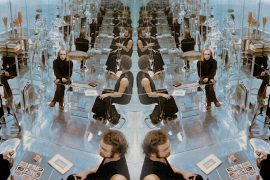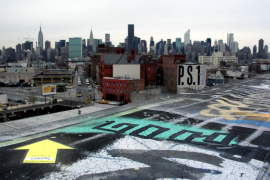As we approach the final months of the Ambient Literature project, the whole team find ourselves facing in at least two directions. We’re convening on a series of final events (more on which below), but are also spending our time drawing out conclusions and reflections regarding the last two years of work.
When we began in May 2016, we were upfront about the challenges of the work we were going to make and address. Here’s what I said at the launch event at Hachette’s (then shiny new) headquarters in Blackfriars:
Here’s an admission at the start of a research programme:
We don’t know what Ambient Literature is.
We’ve started to map the territory, to define by identifying borders and by testing the edges. It’s important to note though, that we don’t want to reduce the idea to something tight and defined, rather our intention is to open it up, so show by doing, making and thinking. We do know that Ambient Literature asks for writing to be specific, to be for this form. That there are rules, grammars of making and thinking about readers and texts in new ways.
Twenty three months later, I think we know what this is, and we’ve made progress toward a set of rules and grammars for making work in this form. Each of our three commissions demonstrates how Ambient Literature might work, and each does so in a completely different way. Duncan Speakman’s It Must Have Been Dark By Then, James Attlee’s The Cartographer’s Confession and Kate Pullinger’s Breathe (made with Editions at Play) ask something of their audience that is particular to the decisions each writer made, how those were translated into a technologically mediated form, and the goals at the heart of each of those works. In different ways, for different reasons, we’re very proud of each of them.
As we reach the end (of this part of the story anyway, and endings are not necessarily a bad thing, just a staging post to the next chapter) of the project, we think its time we let everyone in behind the scenes a little. This has been a complex thing to run, to be part of, and to work within. I’m personally grateful to everyone who’s worked with and for us over the last two years, officially and unofficially, and everyone’s effort and commitment has been incredible to be part of. We’ve made a lot of decisions and spent a great deal of time thinking and shaping — one of the things I wanted from Ambient Literature was the opportunity to spend two years thinking; something that’s rare in a commissioning environment, and actually pretty rare in an academic one too — the results of which are being gathered in two (and more) places. The Ambient Literature textbook (for want of a better name) is presently a collection of files and folders in Dropbox, but those represent real consideration of the politics, ethics, contexts, histories, complexities and poetics of the work we’ve made. The book is being co-written by the whole team (including interviews with our three authors), and will be complete during this coming summer. A toolkit is being assembled too. It’s an evolution of the Manifesto we made last year, and will address how to make work in this form, and more importantly, why this work operates the way it does. It’s for writers, publishers, commissioners, artists and programmers; just about anyone who might be interested in making something this way. It will form part of our final Showcase (see below), and will be made more freely available in the run-up to the summer.
Ambient Literature has been an extended conversation about storytelling, situation, audience, presence and much much more. We opened that conversation up last year at our half-way Symposium, and want to take it much further now. We want to show, and to talk to you all, and celebrate everything that’s been part of this journey. If you’re interested in being part of that conversation and celebration, then our Showcase Festival takes place on April 23rd at the British Library. We’ll be sharing our secrets and discoveries, and letting you look behind the scenes at how each of our projects were created. The event will also feature workshops with Duncan Speakman and Kate Pullinger and talks, as well as a guided tour through the London of The Cartographer’s Confession with its author James Attlee and producer Emma Whittaker. We’re aiming the event at publishing industry professionals, students and practitioners, as well as anyone interested in the future of reading and writing and I can promise at the very least you’ll come away knowing something new about digital storytelling.
We’re also taking the whole project to the Hay Festival in May. We’re running workshops, hosting a panel discussion (with guests, including Joanna Walsh and some surprise names), and are making a new piece of work — Words We Never Wrote — specially for Hay. It premieres at the Festival and explores the meaning of writing, language, and storytelling. I’m incredibly proud of this piece — it asks questions about linearity and form, art and suggestion that I’ve been aching to address for years. We’re delighted to be at Hay and, if you wanted to join us, can promise you a little bit of magic when you visit.
— Tom Abba


